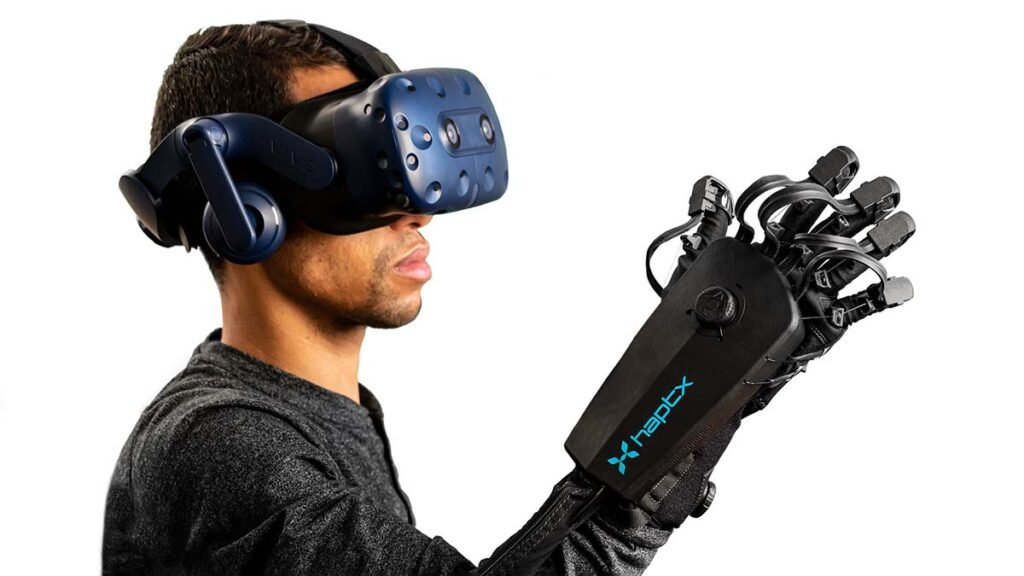Months ago, Meta started a three-stage project exploring the future of human-computer interaction. Now, Meta affirmed that the third phase has concluded with new results on one of the company’s core challenges: how to touch the virtual world?
“Research on soft robotics and perceptual science has presented several advances in relation to haptic gloves, which seek to generate a more realistic experience when interacting in the metaverse”, reflects Rt.
However, according to Engadget, “Meta says that the research of their haptic gloves has been in the initial phase, so there is still time for them to be fully operational. The idea of their creators is that in the future they will be paired with the glasses of virtual reality and headsets for a more immersive experience.”
Read also
Nominees for The Game Awards 2021
Amazon Echo Dot Smart Speakers Can Now Detect People in The Room
Haptic Gloves
Meta’s initial haptic prototype consists of a glove covered with inflatable, ridged plastic pads known as ‘actuators’.
Thus, by putting on the haptic glove, the user enters an augmented reality experience, with a sophisticated control system that adjusts the inflation level, creating pressure on different parts of the hand. “If a virtual object is touched with the fingertips, the user will feel the sensation of pressure generated by a physical object. When grasping a virtual object, the actuators of the long fingers will stiffen, creating a sensation of resistance.
sensations are combined with visual and sound signals to produce the illusion of physical touch, “continues the agency.
The most similar experience to access so far is hand tracking in Oculus Quest, which lets the user see a digital version of their hands in virtual reality and manipulate virtual objects without actually feeling them.
“Although this possibility of using the hands directly in virtual reality is a great improvement over touch platforms, Meta believes that without haptic feedback you cannot be as skilled in the virtual world as in the real one,” continues Rt.
However, there is still a lot to develop: to achieve a realistic tactile sensation, a haptic glove needs hundreds of actuators that move in concert so that the user feels that they are touching a virtual object. And today’s mechanical actuators generate too much heat for such a glove to be worn comfortably all day. They are also large, stiff, expensive, and consume a lot of power to produce realistic tactile sensations.
Mark Zuckerberg’s Meta company works to create suitable materials to be durable so that the gloves can be worn anywhere. So far, everything is still in investigation mode.

